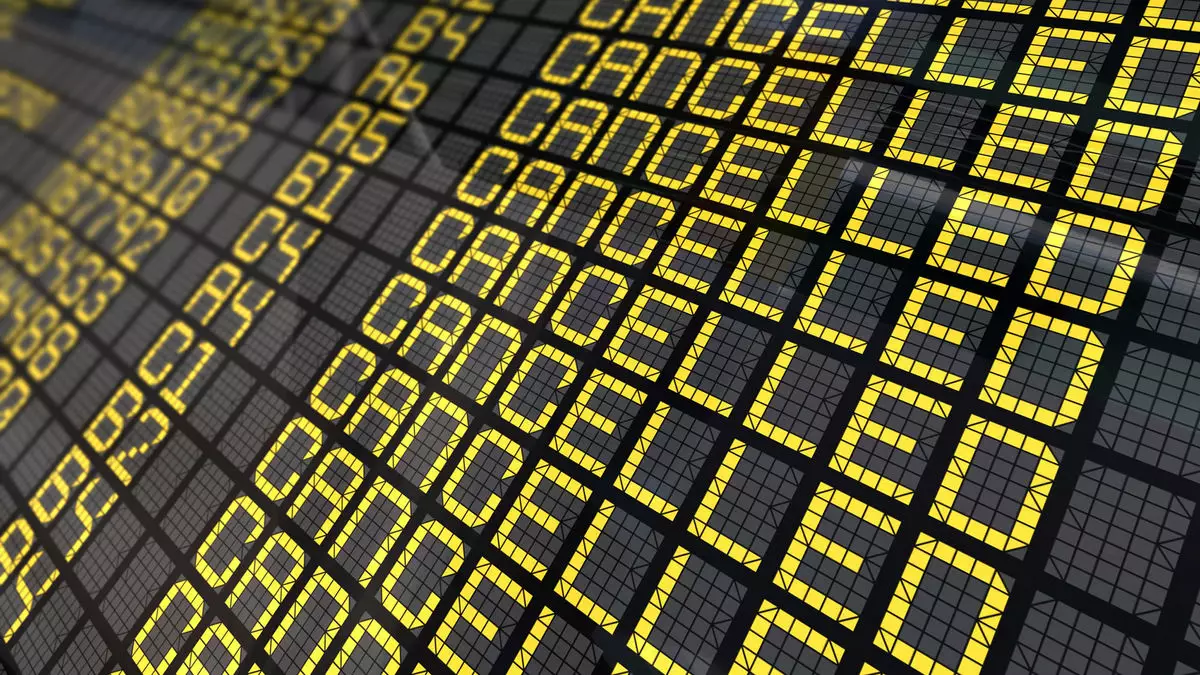The recent global technology outage caused by a cybersecurity firm CrowdStrike has had a significant impact on the aviation industry. By 3:30 p.m. Eastern time on Friday, nearly 2,500 U.S. flights were canceled, affecting airlines worldwide. The outage, which was triggered by an update undertaken by CrowdStrike, affected Microsoft Windows users of its tool. This disruption resulted in over 4,000 flight cancellations globally, showcasing the widespread repercussions of a technology failure in the aviation sector.
Among the U.S. airports, Atlanta, home to Delta, experienced the highest number of cancellations with nearly 300 flights grounded. This accounted for 24% of the Atlanta schedule, highlighting the extent of the disruptions faced by major carriers. With more than 27,000 departures scheduled for Friday from U.S. airports, around 8.8% had been canceled, causing chaos and inconvenience for travelers. Additionally, there were over 8,000 delayed flights, further adding to the challenges faced by airlines and passengers alike.
Leading airlines such as Delta, American, and United bore the brunt of the technology outage, with Delta canceling the most flights at 836, representing 22% of its schedule. American and United also had to scrap more than 350 flights each due to the disruptions caused by the global outage. However, Southwest and Alaska airlines managed to minimize the impact, with only four flights canceled each, showcasing a varying degree of resilience among carriers in responding to such crises.
In response to the technology disruption, airlines like Delta, United, and American were forced to pause their operations overnight before resuming them in the morning. The disruptions affected essential systems used for calculating aircraft weight, checking in customers, and operating phone systems in call centers. To mitigate the inconvenience faced by travelers, United and Delta issued waivers allowing for rebookings without change fees or fare differences for impacted passengers. American also waived change fees, although fare differences were not explicitly mentioned in the waiver.
The U.S. Department of Transportation classified the CrowdStrike-related delays and cancellations as controllable, emphasizing that airlines must adhere to customer service commitments for flight disruptions. This regulatory stance underscores the importance of upholding passenger rights and ensuring that airlines fulfill their obligations in mitigating the impact of unforeseen events like the recent technology outage. Travelers and travel advisors can access the DOT Airline Customer Service Dashboard to understand their rights and protections in situations of flight disruptions caused by external factors beyond their control.

